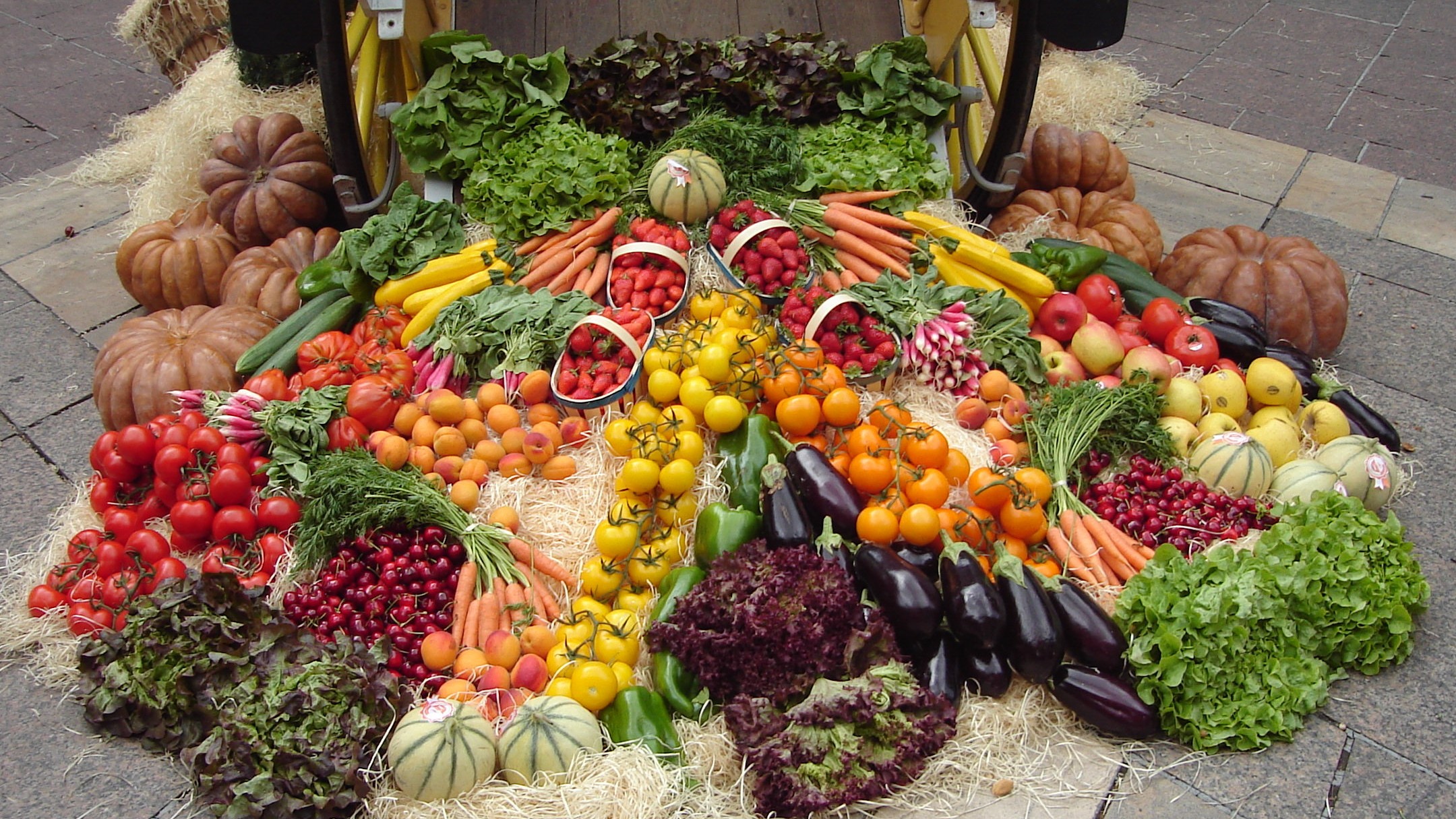I have a pretty high baseline level of skepticism, and when I’m exposed to rhetorical bombast, it causes those skepticism levels to spike. Objections overflow; doubts seep from my pores. It’s an allergic reaction. So this line, the first sentence in the Rodale Institute’s new white paper on the carbon-capturing potential of organic farming, gave me a light rash:
We are at the most critical moment in the history of our species.
The entire history of our species? Including the first faltering steps? Including the thousands of years about which we know zilch? This extension of rhetoric beyond the scope of human knowledge does not inspire confidence.
The paper’s assertion is that, “Simply put, recent data from farming systems and pasture trials around the globe show that we could sequester more than 100 percent of current annual CO2 emissions with a switch to widely available and inexpensive organic management practices, which we term ‘regenerative organic agriculture.’”
This, at least, is a slightly less audacious claim than the last, but not by much. Completely switching food production to organic agriculture would be so difficult that I’m not going bother with it. Instead, let’s see what a first step in that direction might look like, and consider the evidence that that step might be worth taking.
Actually, the methods proposed make a lot of sense: “cover crops, residue mulching, composting and crop rotation. Conservation tillage, while not yet widely used in organic systems, is a regenerative organic practice integral to soil-carbon sequestration.” So far I’m on board. The complete lifecycle carbon impacts of these practices aren’t fully understood yet — the studies suggest that they can help capture a little bit of carbon, though not always enough to make them carbon sinks. Still, all of these measures have additional benefits beyond carbon sequestration: No-till and cover cropping prevents erosion; crop rotation discourages pests. It’s sensible to experiment with these practices vigorously, even if it turns out they don’t sequester an ounce of carbon.
The other major element of “regenerative organic agriculture” is going organic — ostensibly by refraining from using synthetic pesticides and fertilizer. The problem with synthetic nitrogen fertilizer is that it can decompose into nitrous oxide — a terrible greenhouse gas with 300 times the global warming impact of carbon dioxide. But then all nitrogen fertilizers — whether it’s organic compost, or manure, or nitrogen-fixing legumes — have exactly the same problem. A recent meta-analysis from the Research Institute of Organic Agriculture in Switzerland found that organic food actually had more nitrous oxide emissions per calorie than conventional food.
There really hasn’t been enough study to say definitively if synthetic fertilizer is better or worse than, say, manure. I’d bet that the source of the nitrogen matters a lot less than the way it’s used. You can pump a bunch of feces from a giant pig farm onto your field, let it off-gas in the sun, and call it “organic.” Or, on the other side, you could be a conventional farmer working with the Environmental Defense Fund to minimize nitrous oxide emissions from fertilizer. The point is, there’s not a smoking gun that makes all conventional agriculture more carbon intensive than all organic farming.
And yet, as I looked through the studies that have been done holistically comparing organic ag to conventional systems, my skepticism receded. There really is a lot of evidence that organic farming can lock up more carbon than other systems. (there’s a great discussion of this evidence in the top comments of that last link.) There’s even evidence from USDA scientists that organic production (considering both carbon and nitrous oxide) can actually consume more greenhouse gases than it produces. That is, it can be carbon-negative, whereas the conventional fields in that study have always been carbon-positive.
So what accounts for this difference, if not synthetic fertilizer? The best hypothesis I’ve heard is that it’s not any one thing you can point to; instead, it’s the overall philosophy. Organic farms constantly work to build up the soil, which is basically another way of saying that they move carbon out of the air and into the dirt. It’s a central tenet of organic farming, and people have been refining techniques to do it for hundreds of years.
I’m still skeptical of the claim that organic farming could offset all our emissions, but it does have some important lessons to share. Let’s start taking those first steps toward “regenerative organic agriculture.” While we’re doing so, though, let’s also dial back the evangelical fervor. Overselling a case like this can do real harm: Sure, it rallies the faithful, but it also makes it easy for everyone else to dismiss.
The thing is, this may truly turn out to be “the most critical moment in the history of our species.” At the very least, this moment is going to profoundly influence the future of humanity. To deal with that, we need measured and convincing assessments of every good tool we can get — more than we need hype.



